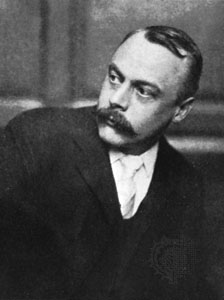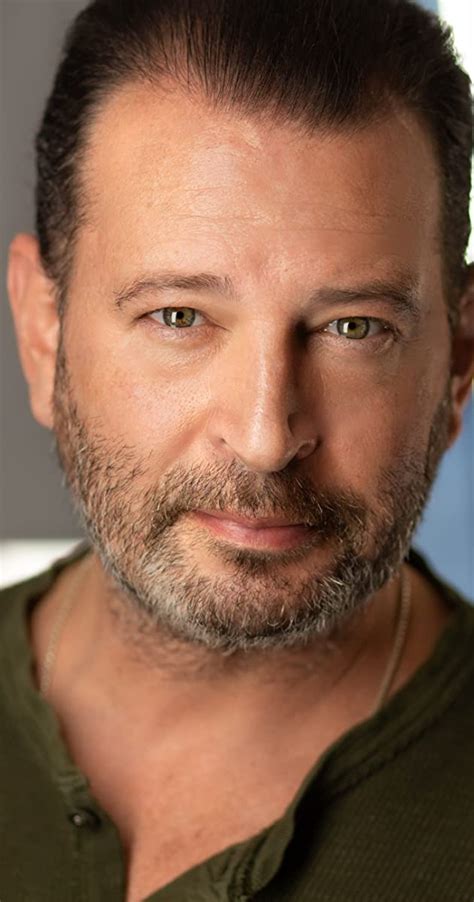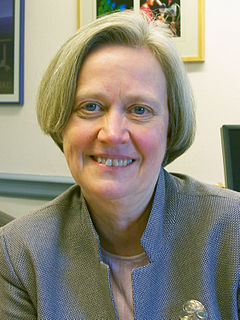A Quote by Kenneth Grahame
There seemed to be no end to this wood, and no beginning, and no difference in it, and, worse of all, no way out
Quote Topics
Related Quotes
The beginning is never the clear, precise end of a thread, the beginning is a long, painfully slow process that requires time and patience in order to find out in which direction it is heading, a process that feels its way along the path ahead like a blind man the beginning is just the beginning, what came before is nigh on worthless.
When I set out to write a screenplay, I have in my mind a beginning and an end but that end part continually changes as I start to write the middle. That way by the time the screenplay is finished I have taken myself and my audience from a familiar beginning point through the story to an unfamiliar ending point.
The essence of knowledge is generalization. That fire can be produced by rubbing wood in a certain way is a knowledge derived by generalization from individual experiences; the statement means that rubbing wood in this way will always produce fire. The art of discovery is therefore the art of correct generalization. ... The separation of relevant from irrelevant factors is the beginning of knowledge.
We are, in a certain way, defined as much by our potential as by its expression. There is a great difference between an acorn and a little bit of wood carved into an acorn shape, a difference not always readily apparent to the naked eye. The difference is there even if the acorn never has the opportunity to plant itself and become an oak. Remembering its potential changes the way in which we think of the acorn and react to it. How we value it. If an acorn were conscious, knowing its potential would change the way that it might think and feel about itself.
When the ability to have movement across social class becomes virtually impossible, I think it is the beginning of the end of a country. And because education is so critical to success in this country, if we don't figure out a way to create greater mobility across social class, I do think it will be the beginning of the end.
The strange thing about the apocalypse is that it's uneven. For some people, it goes one way and for others another way, so that there's always this shifting relation to the narrative of the disaster. Sometimes apocalypses are just structural fictions, and sometimes they're real. Sometimes a narrative requires an end - the fact that the beginning was always leading somewhere becomes clear at the end. There's an idea that we're always in the middle, but we posit this apocalyptic end in order to also be able to project into the past or the beginning. I think that's true and false.
Faith shall save your Soul from Death. Without Faith, Death is a drowning, the end of ends, and what sane man wouldn't fear that? But with Faith, Death is nothing worse than the end of the voyage we call life, and the beginning of an eternal voyage in a company of our Loved Ones, with griefs and woes smoothed out, and under the capacity of our Creator.
Man no longer lives in the beginning--he has lost the beginning. Now he finds he is in the middle, knowing neither the end nor the beginning, and yet knowing that he is in the middle, coming from the beginning and going towards the end. He sees that his life is determined by these two facets, of which he knows only that he does not know them
The clean clear colours were in my head. But one day as I looked at the brown burned wood of the Shanty, I thought 'I can paint one of those dismal-coloured paintings like the men. I think just for fun I will try - all low-toned and dreary with the tree besides the door.' In my next show, 'The Shanty' went up. The men seemed to approve of it. They seemed to think that maybe I was beginning to paint. That was my only low-toned dismal-coloured painting.






































